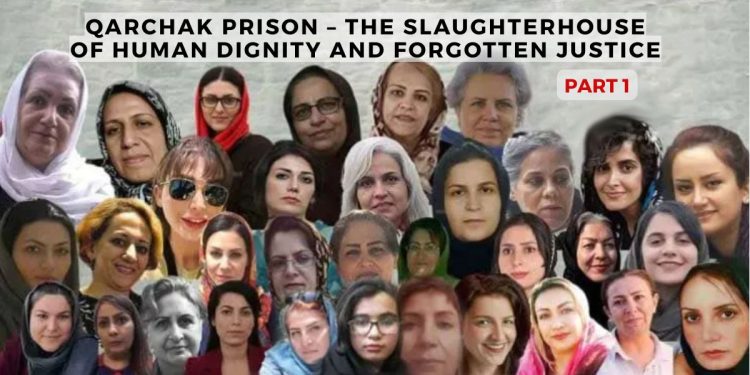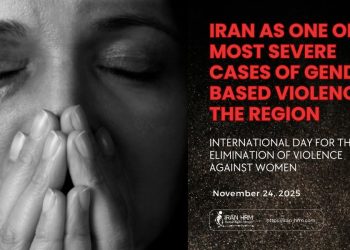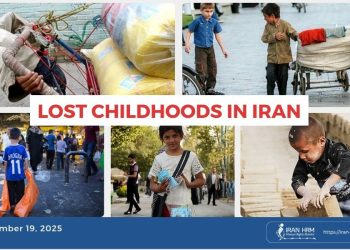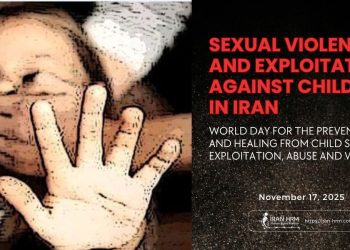In August 2025, Qarchak Prison in Varamin once again drew international attention for grave human rights abuses. Around 60 women political prisoners are trapped in inhumane conditions amid the outbreak of an unidentified illness, causing physical weakness, infection, shortness of breath, and severe oxygen deficiency. This situation constitutes clear evidence of torture, cruel treatment, and a blatant violation of Iran’s international obligations.
Factual Account
Over the past three weeks, an unknown virus has spread among women prisoners in Qarchak. Symptoms such as severe bone pain, loss of voice, throat infections, physical weakness, and lack of oxygen have pushed the health of prisoners to a dangerous brink.
Approximately 60 women political prisoners are held in the section known as the “Club” – a ward without ventilation, with only seven small rooms and a narrow hallway. Extreme overcrowding, lack of sufficient beds forcing many to sleep on the floor, and the availability of only three showers and three toilets for all inmates have created catastrophic conditions. The presence of rats and insects has made life unbearable.
Examples of prisoners’ conditions include:
• Azar Korvandi: Suffers from heart disease and cervical disc problems, denied all access to treatment.
• Moloud Safaei: Requires urgent hernia surgery, yet deprived of transfer to hospital.
• Parvin Mirasan and Maryam Banoo Nasiri: Both abandoned despite chronic illnesses.
• Elderly prisoners: On the verge of physical collapse, with no medical care.
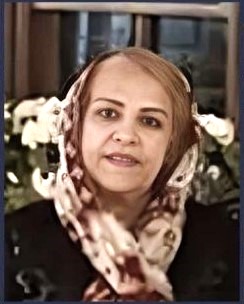
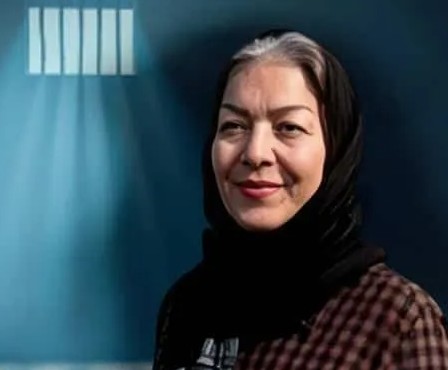
On August 18, a power and water outage led prison authorities to halt cooking and food distribution. This left prisoners in hunger and severe physical weakness.
International Condemnation
On Tuesday, August 19, the US Department of State issued an official statement describing Iran’s prisons, including Qarchak, as “examples of systematic abuse.” The statement cited lack of clean drinking water, absence of medical services, unhygienic conditions, psychological torture, violent behavior by guards, and extreme overcrowding. It called for immediate access to medical care for prisoners and independent monitoring of prisons.
Legal Analysis
- Violation of Article 10 of the ICCPR (requirement of humane treatment of detainees).
• Violation of Article 7 of the ICCPR (prohibition of torture and cruel treatment).
• Violation of Articles 3 and 5 of the UDHR (right to life, security, and prohibition of inhuman treatment).
• Violation of the principle of separation of prisoners (political prisoners held alongside common criminals).
Human and Social Impact
These conditions place prisoners at risk of a slow, silent death, leaving their families in constant anguish. The broader society receives a chilling message from the regime ruling Iran: anyone who insists on freedom and resistance must endure the harshest possible suffering.
Conclusion and Call to Action
The current crisis in Qarchak Prison is a grave warning. Women political prisoners are facing gradual extermination. We call on the United Nations, the European Union, and all human rights organizations to:
• Immediately monitor the situation in Qarchak.
• Demand the urgent transfer of sick prisoners to independent medical centers.
• Hold the Iran regime accountable for violating its international obligations.

